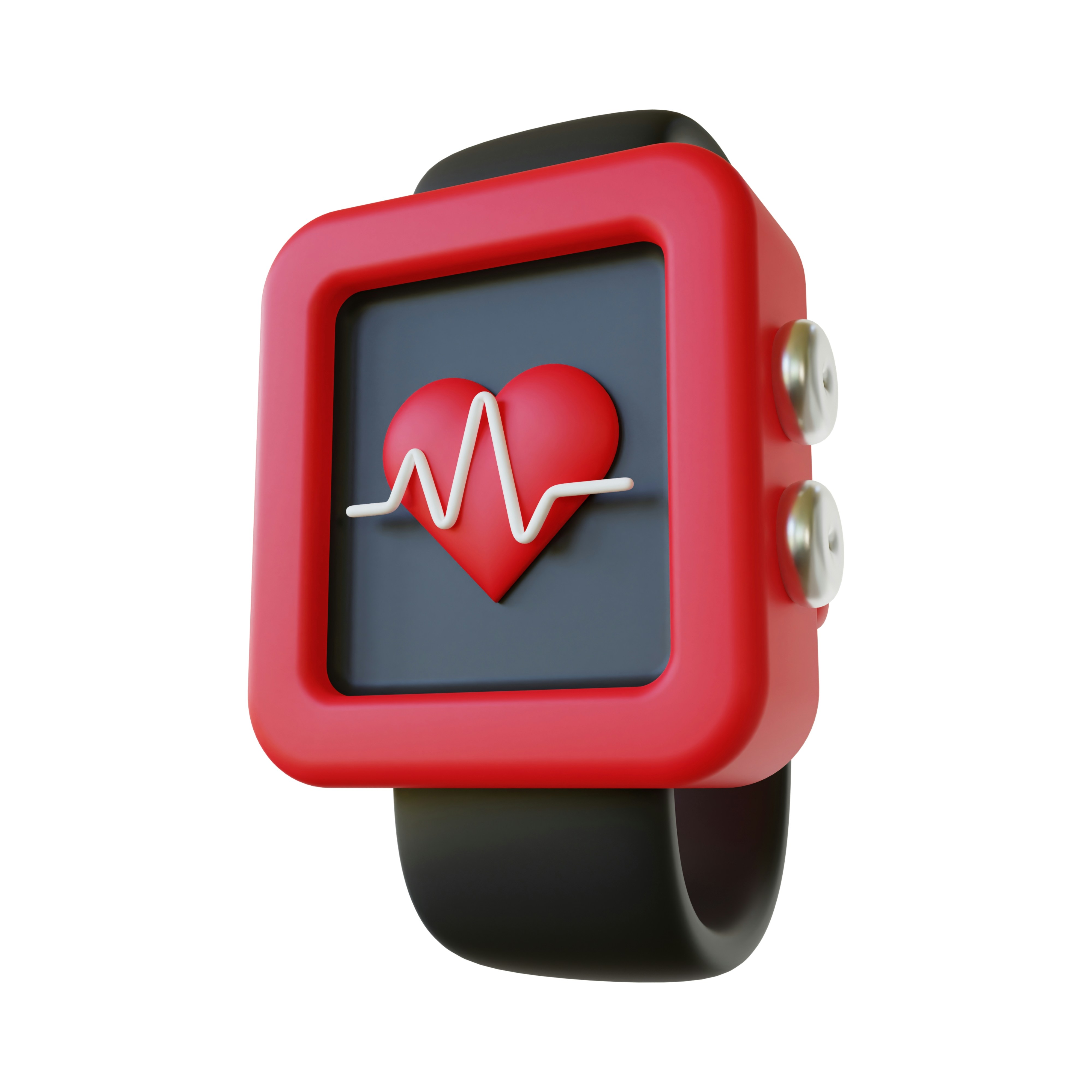Understanding Cardiovascular Health
When we talk about cardiovascular health, we’re referring to the overall well-being of your heart and blood vessels. They’re the engines that keep your body running smoothly, delivering oxygen-rich blood to every organ and flushing out waste like carbon dioxide. When your cardiovascular system is in good shape, you feel more energised, think more clearly, and perform better—both physically and mentally.
One of the best things you can do for your heart? Running. Speaking from experience, once you build it into your routine, you’ll start to notice some powerful changes. Running gets your blood pumping and boosts circulation, meaning your muscles get more oxygen and recover faster after workouts. And when you make running a habit, you’re not just burning calories—you’re also helping to lower your blood pressure and strengthen your heart over time.
Maybe you’ve already heard that consistent aerobic exercise can reduce your risk of heart disease—and it’s true. In fact, studies back it up: people who run regularly are less likely to suffer from heart attacks and strokes. According to the American Heart Association, just 150 minutes of moderate exercise each week (that’s about 30 minutes, five days a week) can lead to better cholesterol levels, stronger metabolism, and a healthier heart overall.
If you’re ready to take your health seriously, running can truly be a game-changer. You’ll be making a conscious choice to support your heart, your energy, and your future.
How Running Enhances Cardiovascular Fitness
When we talk about cardiovascular health, we’re referring to the overall well-being of your heart and blood vessels. They’re the engines that keep your body running smoothly, delivering oxygen-rich blood to every organ and flushing out waste like carbon dioxide. When your cardiovascular system is in good shape, you feel more energised, think more clearly, and perform better—both physically and mentally.
One of the best things you can do for your heart? Running. Speaking from experience, once you build it into your routine, you’ll start to notice some powerful changes. Running gets your blood pumping and boosts circulation, meaning your muscles get more oxygen and recover faster after workouts. And when you make running a habit, you’re not just burning calories—you’re also helping to lower your blood pressure and strengthen your heart over time.
Maybe you’ve already heard that consistent aerobic exercise can reduce your risk of heart disease—and it’s true. In fact, studies back it up: people who run regularly are less likely to suffer from heart attacks and strokes. According to the American Heart Association, just 150 minutes of moderate exercise each week (that’s about 30 minutes, five days a week) can lead to better cholesterol levels, stronger metabolism, and a healthier heart overall.
If you’re ready to take your health seriously, running can truly be a game-changer. You’ll be making a conscious choice to support your heart, your energy, and your future.

Why a Sports Watch is a Game-Changer
If you’re serious about making progress and staying motivated, a sports watch can be your best running buddy. I’ve found that heart rate monitoring alone can change the way you train. When you can actually see how hard your heart is working, it’s easier to stay in that sweet spot where you’re pushing yourself without going overboard.
Then there’s the GPS tracking—super helpful for knowing your route, distance, and pace. If you’ve ever wanted to track your progress or push yourself to go just a little farther, this kind of feedback is incredibly valuable. I love being able to look back and see how far I’ve come.
Staying on pace is another underrated benefit. A sports watch gives you the insight to stay consistent, which is key when you’re working on endurance or prepping for a long run.
And let’s be honest—sometimes we all need a little push. These watches often come with reminders, challenges, and progress updates that help keep you accountable. They’re not just about the numbers—they keep your motivation strong, which is half the battle when it comes to sticking with your goals.
Setting Goals and Tracking Progress
Setting realistic running goals makes the journey smoother—and a lot more rewarding. Start by figuring out where you’re at now. Maybe it’s running a kilometre without stopping, or maybe it’s improving your 5K time. Whatever it is, write it down. Then break it into small, doable steps.
This is where your sports watch becomes a powerful ally. It tracks your heart rate, pace, distance, calories, and more. That data helps you understand how hard you’re working and whether your workouts are moving you closer to your goals. You can even tailor your sessions based on what your body needs most—more intensity, better recovery, or simply more consistency.
Don’t forget about rest days. Your body needs time to recover and adapt. And mixing in other forms of exercise—like biking, swimming, or strength training—can help you stay strong and prevent burnout.
If you ever feel stuck, look to others for inspiration. There are countless runners who’ve transformed their lives by setting clear goals, using their data wisely, and staying consistent. Their stories show that the right mindset, supported by the right tools, can lead to real, lasting change—for your heart, and for your life
Your Next Read
Would love to hear any life improvements you have had from running.

